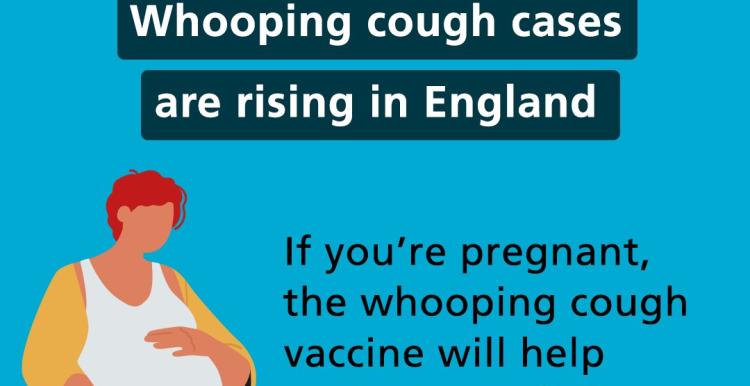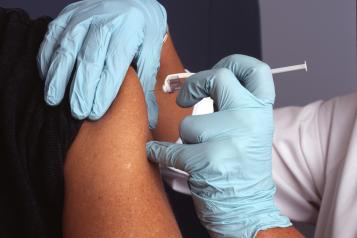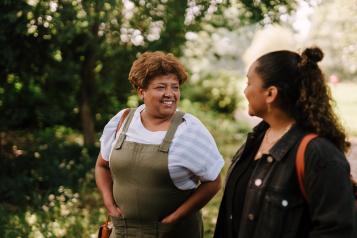Whooping cough cases are on the rise-how can you protect your baby?

New data published by the UK Health Security Agency shows that cases of whooping cough are continuing to increase this year, with a total of 1,319 cases confirmed in March.
However, uptake of vaccinations that protect against whooping cough has dropped in recent years. The NHS urges expecting mothers to get the whooping cough vaccine to protect their babies from this serious disease.
What is Whooping Cough?
Whooping cough is a bacterial infection of the lungs and breathing tubes. It can be spread easily and can sometimes cause serious problems. It is important for babies and children to get vaccinated against it.
To learn about the symptoms of whooping cough, visit the NHS website.
What is the Whooping Cough Vaccine?
The whooping cough vaccine is called Boostrix IPV and is given to mothers in one dose. The immunity you get as a mother from the vaccine will pass to your baby through the placenta and provide protection for them until they are old enough to be routinely vaccinated against whooping cough at 8 weeks old.
When should I have the whooping cough vaccine?
The NHS advise that the best time to get the vaccine is from 16 weeks up to 32 weeks during pregnancy. If you are unable to get the vaccine in this time, you can still have the vaccine up until you go into labour.
Is the whooping cough vaccine safe in pregnancy?
The whooping cough vaccine has been used routinely in pregnancy in the UK since October 2012, and the Medicines and Healthcare products Regulatory Agency (MHRA) is carefully monitoring its safety. MHRA’s study of around 20,000 vaccinated women also found no evidence of risks to pregnancy or babies.
Need to arrange your vaccine?
If you need to arrange your whooping cough vaccine, contact your local GP or midwife to make an appointment to get vaccinated. You may also be offered the vaccination at your routine antenatal appointment from around 16 weeks of your pregnancy.


